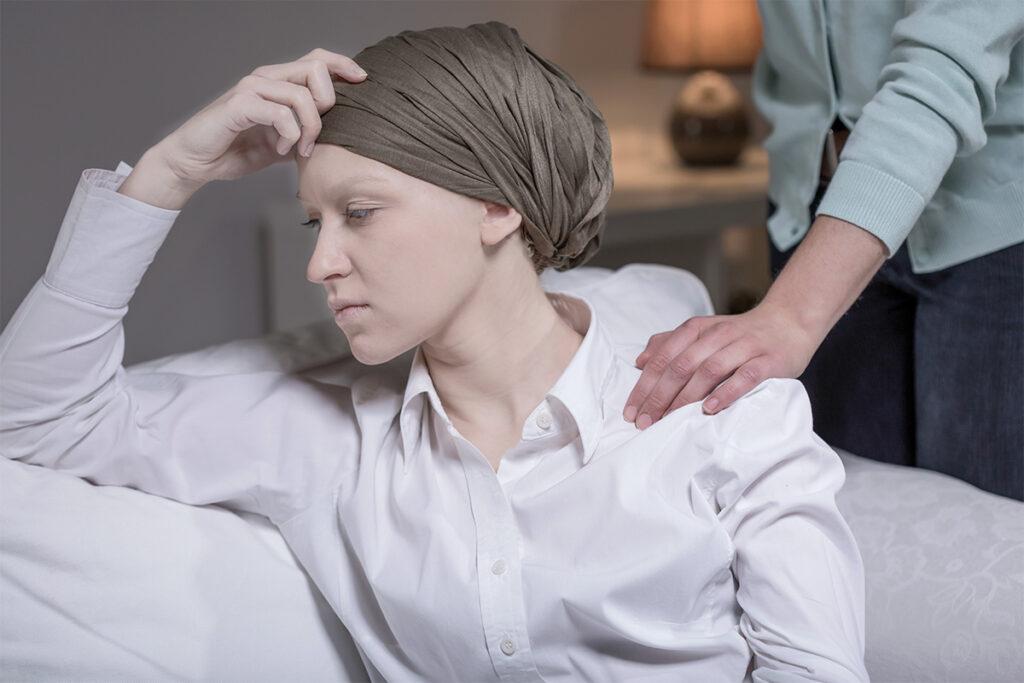Understanding the Emotional Impact of Breast Cancer on Mental Health
Breast cancer and depression often go together, creating a dual challenge that can be overwhelming. The emotional impact of a breast cancer diagnosis affects not just the individual but also extends to family and friends. This added burden can strain relationships and create a ripple effect of anxiety and sadness within a support system.
When someone you love receives a breast cancer diagnosis, recognizing the potential for depression is an important first step. Being aware of depressive cycles can lead to greater empathy and offering support when needed. Having options for self-care or extended support can also make a difference in managing depression.
Coping with Cycles of Depression with Second to Nature in Roanoke
Depression itself may come in waves or cycles as someone copes with a breast cancer diagnosis. There can be episodes of depression accompanied by different feelings and worries. Fear of the unknown or questioning the ‘what ifs’ can be a distracting and sometime repetitive element of coping with breast cancer.
Second to Nature supports those going through breast cancer and post-mastectomy recovery. Specific to breast cancer, sound knowledge helps us empathize and understand, giving rest to confusion and distraction that may arise. While depression can feel isolating, one can find support in outreach, so give us a call. Read on for additional supportive strategies you can try.
Supportive Strategies to Manage Depression After a Breast Cancer Diagnosis
Managing depression after a breast cancer diagnosis requires a multi-faceted approach. First, staying connected with loved ones can help alleviate feelings of isolation. Encourage open conversations about fears, worries, and hopes.
Professional counseling can also provide a safe space to express emotions and develop coping strategies. Support groups specifically for breast cancer patients offer camaraderie and understanding that family and friends might struggle to provide. These groups can be a vital resource for sharing experiences, advice, and encouragement.
In addition, promoting self-care practices like regular exercise, healthy eating, and sufficient sleep can improve both mental and physical well-being. Mindfulness and relaxation techniques such as meditation or yoga can also be powerful tools for managing stress and anxiety. These strategies, coupled with medical treatment, offer a comprehensive approach to combatting depression.
A Positive Mindset is a Key Component of Healing
Successfully shifting from a depressive mindset plays a crucial role in the healing process. A positive outlook can accelerate recovery, improve treatment outcomes, and opens possibilities for a brighter future. Surrounding oneself with positivity, whether through uplifting activities, supportive people, or engaging hobbies, can make a significant difference in both mental health and physical healing.
If you or a loved one is navigating the emotional challenges of breast cancer, Second to Nature is here to support your journey. Call us at (540) 366-2711 or visit our store in Roanoke, VA, for mastectomy education and post-mastectomy fashions that can help boost your confidence and enhance your healing experience. Remember, healing starts from within, and embracing positivity today can pave the way for a healthier tomorrow. Follow and like us on Facebook for additional updates and discover more about coping with breast cancer and depression.

